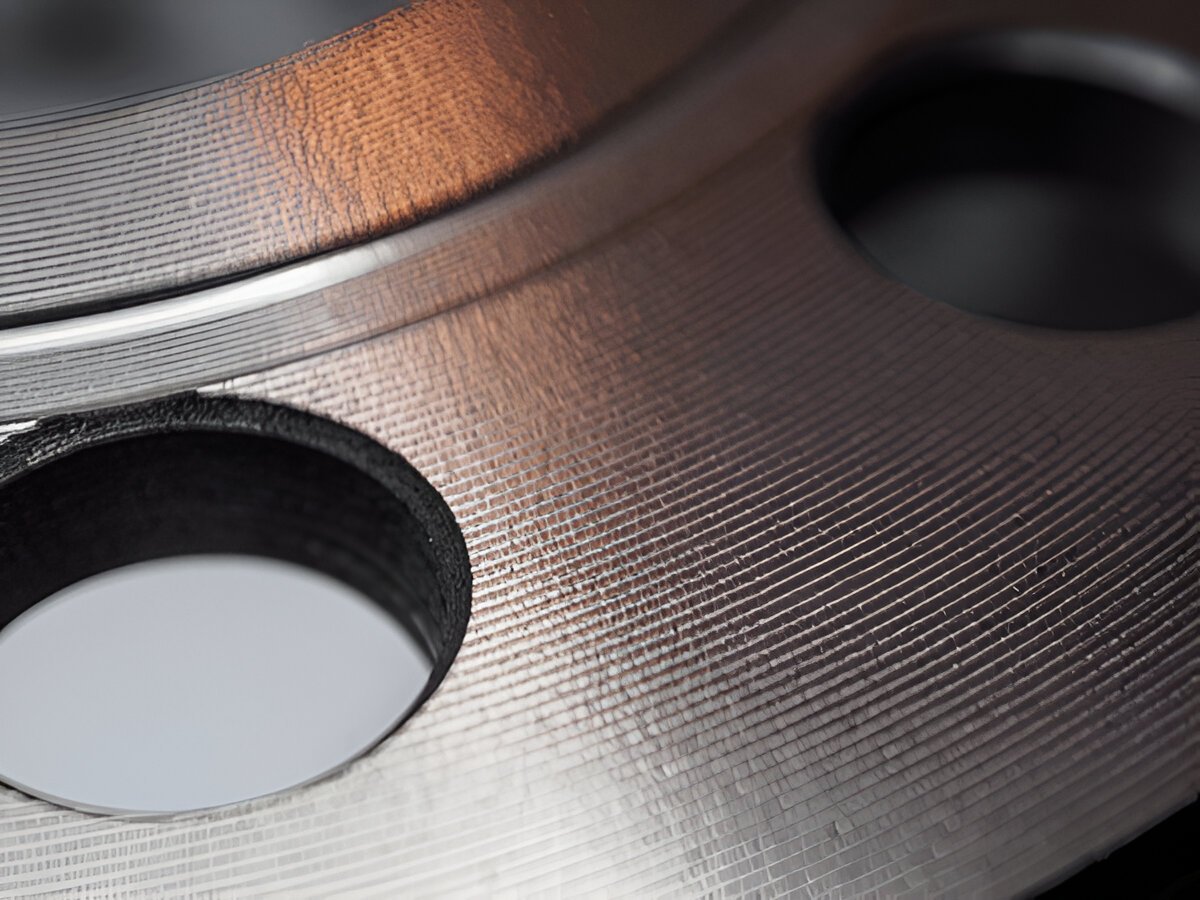Investment casting, sometimes referred to as lost-wax casting, is a precision manufacturing technique that makes it possible to produce intricate and superior metal parts. Choosing the appropriate material is one of the most crucial choices in this process since it has a direct effect on the finished product's functionality, robustness, and affordability. The finest practices and important factors to take into account while selecting materials for investment casting will be covered in this blog.
Investment Casting Materials
Investment casting supports a wide range of metals and alloys, each offering unique benefits.
Stainless Steel
Stainless steel is commonly used due to its high strength, excellent corrosion resistance, and good wear resistance. It is widely applied in industries such as aerospace, medical, food processing, and marine sectors where durability and hygiene are critical.
Carbon Steel
Another popular choice is carbon steel because of its price and durability. However, because of the potential for corrosion, preventive treatments or coatings are frequently needed. It is frequently utilized in structural applications, automotive parts, and industrial machines.
Aluminum Alloys
Aluminum alloys are lightweight, corrosion-resistant, and provide good thermal conductivity, making them ideal for aerospace and automotive industries where weight reduction is a priority.
Nickel-Based Alloys
Nickel-based alloys are known for their exceptional heat and corrosion resistance, which makes them suitable for aerospace, power generation, and chemical processing industries where extreme conditions are common.
Cobalt-Based Alloys
Cobalt-based alloys offer excellent wear resistance and high strength. These alloys are frequently used in turbine blades, high-performance tools, and medical implants, where durability and resistance to extreme conditions are essential.

Copper-Based Alloys (Bronze & Brass)
Copper-based alloys provide good thermal and electrical conductivity and excellent corrosion resistance. They are widely used in electrical components, marine hardware, and decorative applications.
Important Factors in Material Selection
Mechanical Properties
The mechanical qualities needed for the application should guide the material selection. Strong and long-lasting materials like steel or nickel alloys are needed for components that are subjected to severe loads, impact pressures, or cyclic stress.
Corrosion and Heat Resistance
The selection of materials is greatly influenced by environmental factors. While materials like cobalt- or nickel-based alloys are needed for high-temperature applications, stainless steel and nickel-based alloys work well in extremely corrosive conditions.
Weight Considerations
Weight is an important factor, especially in the aerospace and automotive industries. Lightweight materials like aluminum alloys help improve fuel efficiency, while heavier materials such as steel and nickel alloys provide superior strength where necessary.
Machinability and Surface Finish
Some materials, such as aluminum, are easier to machine, reducing post-casting processing time and cost. Investment casting naturally provides smooth surfaces, but harder materials may require additional finishing processes.
Cost and Availability
Cost and availability must also be considered when selecting materials. Carbon steel is a cost-effective option for many applications, while high-performance alloys such as nickel or cobalt alloys are more expensive but provide superior properties. Finding the right balance between cost and performance is essential for project success.
Best Practices for Material Selection
Define Performance Requirements Early
Clearly identifying the functional and environmental requirements of the part will help decide the optimal material choice. Consider variables like as load-bearing capacity, impact resistance, exposure to severe temperatures, and chemical exposure. Early evaluation of these variables guarantees that the chosen material satisfies operational requirements. Delays in the selection process can also be minimized with the use of a specified requirement list.
Consult with Foundry Experts
Working with investment casting specialists can help identify the best material for your specific design and anticipate any potential challenges related to casting or post-processing. Their expertise can also help refine design choices to enhance manufacturability. Early collaboration prevents costly modifications later in production.
Consider Alternative Alloys
Exploring alternative alloys can help reduce costs while maintaining the required performance characteristics. Some modified alloys provide similar properties at a lower price. Comparing mechanical properties and long-term durability ensures a cost-effective yet reliable choice. Selecting the right alloy can also minimize machining and finishing expenses.
Optimize Design for Material Efficiency
Using material properties strategically can enhance part durability while reducing unnecessary material use. Optimizing the design for efficiency can improve performance and lower production costs. Lightweighting strategies, such as ribbing or hollow sections, can reduce material waste. A well-optimized design also enhances overall product sustainability.
Factor in Post-Casting Processing
Some alloys require heat treatment, machining, or coatings to achieve the desired final properties. Choosing a material that aligns with the necessary secondary processing steps will streamline production and improve overall quality.
Conclusion
The choice of material has a significant impact on the finalized component's strength, durability, and cost in investment casting. Manufacturers can get the greatest outcomes for their applications by carefully weighing manufacturing restrictions, environmental considerations, and mechanical qualities. Efficiency and cost-effectiveness can be further increased by working with specialists and investigating substitute materials.
EDR offers top-notch investment casting services with knowledgeable advice if you are searching for professional solutions. Contact us today to discuss your project needs.

